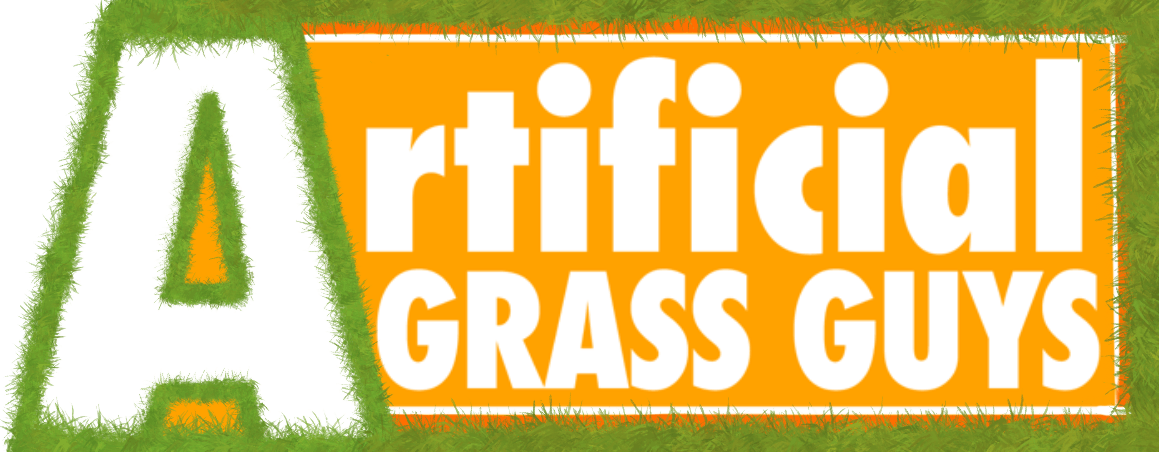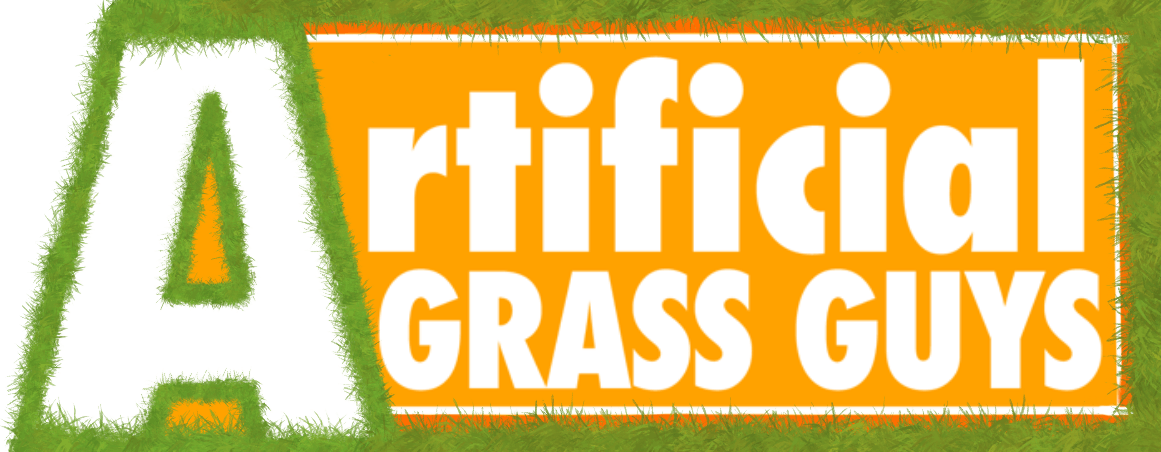Frequently Asked Questions
Most common questions regarding artificial grass installation.
- How much does it cost to install fake grass?
It varies on the size of your lawn and the type of grass, but a good ballpark is $5 - $7 per square foot.
Estimates vary on this question, but it will usually run from about $5-$8 per sq. ft. or more.
The total cost also depends on things like whether you build an infill if you have existing dirt in a field, how high off the ground you want it.
- Is artificial grass worth the money?
There are many benefits to artificial turf that have made it a popular choice for homeowners and businesses alike. As cement is eliminated, energy used in gardening is minimized. The water savings of using artificial grass can be up to six times as much as conventional turf, making it great for both the environment and an individual's wallet. For those with allergies, artificial grass has no pollen issues while adding an increased sense of safety from flooding due to its lack of mud when wet.
- How deep do you dig for artificial grass?
How deep the earth needs to be depends on what type of artificial grass you're installing. For example, for artificial turf from 3-4 feet deep might work with some synthetic grasses, but not others.
The best way to know how deep you need is to first talk to professionals who can recommend a depth specific for your individual needs.
For homeowners who would like quick approximations and have sand as their base subgrade, consider 2-3 feet if digging alone and 4-5 feet if digging with machinery assistance. The excavated area should be 8 inches below grade if solely using hand tools or either 7 or 10 inches below grade if hole is formed by machine use and compacted afterward with reminaj
- How long does artificial grass last for?
It depends on how well you take care of it.
A lot of factors make up for the life span of your synthetic turf, including the amount you play on it, what types of dogs/cats are running around it, and whether or not you have kids playing over all surfaces. All in all though, synthetic grass is usually lasting anywhere from 10-20 years.
- Can weeds grow through artificial grass?
Artificial lawns are specifically designed to prevent weeds from growing. If you're still concerned about weeds, however, there are professional cleaning crews for artificial grass who can use special chemicals to help deter them.
- Can you lay artificial grass directly on soil?
Answer: Astroturf is a synthetic grass fiber carpet that holds water, prevents weed encroachment and can be installed directly on soil. Read more about the specific types of astroturfs available.
- Do I need underlay for artificial grass?
Underlay is a thin layer of foam insulation board that prevents heat from the ground transferring to your floor or carpet in your home.
When installing artificial grass, you need to have something underneath it so that any rain water doesn't seep through and create more of a mess. The porous material beneath an artificial lawn quickly becomes stained with all the debris and dirt it naturally collects. This compromises the heightening properties too because less light will reach down into the underlying ground - this might result in unhealthy turf growth
In areas with cold winters, it's possible for frost heaves to tear apart artificial lawns if they're not installed properly over top underlayment that can insulate fibers against temperature changes. You can install both wire mesh and
- Does dog poop ruin artificial grass?
Dog poop can cause damage to artificial grass. Dog poop contains bacteria and parasites that, given enough time in the sun or heat, will decompose and release gas. Over time this build-up of gas has nowhere to go but up through the fibers of your rug and into the air. The next rainstorm is a perfect opportunity for these gases to be released back onto your rug again!
Luckily there are many preventative measures against this problem.
- Can dogs pee on artificial grass?
Dogs can urinate on artificial grass, but not all turf is safe for them to do so. Consult the manufacturer's instructions before letting your dog roam anywhere near it.
Some artificial turf products are actually made from materials that cannot be urinated on safely and should not be used outdoors as they will tend to de-laminate and dissolve over time. These turf products include those with rubber, polyethylene (PE), or other plastics in their base material component layers and should never be exposed to outdoor elements like sun or rain for long periods of time.
- Why do you brush sand into artificial grass?
Answer:
If you've ever played volleyball on a court with artificial grass, you may have noticed that the sand "stands up" inside the grass. This is because salt in your sweat seeps into the fabric of the artificial grass and corrodes it. Brushing sand over an area helps to keep it from laying down which keeps it from coming in contact with objects that could compact or cause it to tear. Sand also provides an additional cushioning for sports like football, baseball or soccer. And if applied correctly (at least two inches deep), sand will also act as a weed barrier, meaning those pesky dandelions won't be able to pop up through your natural green law.


